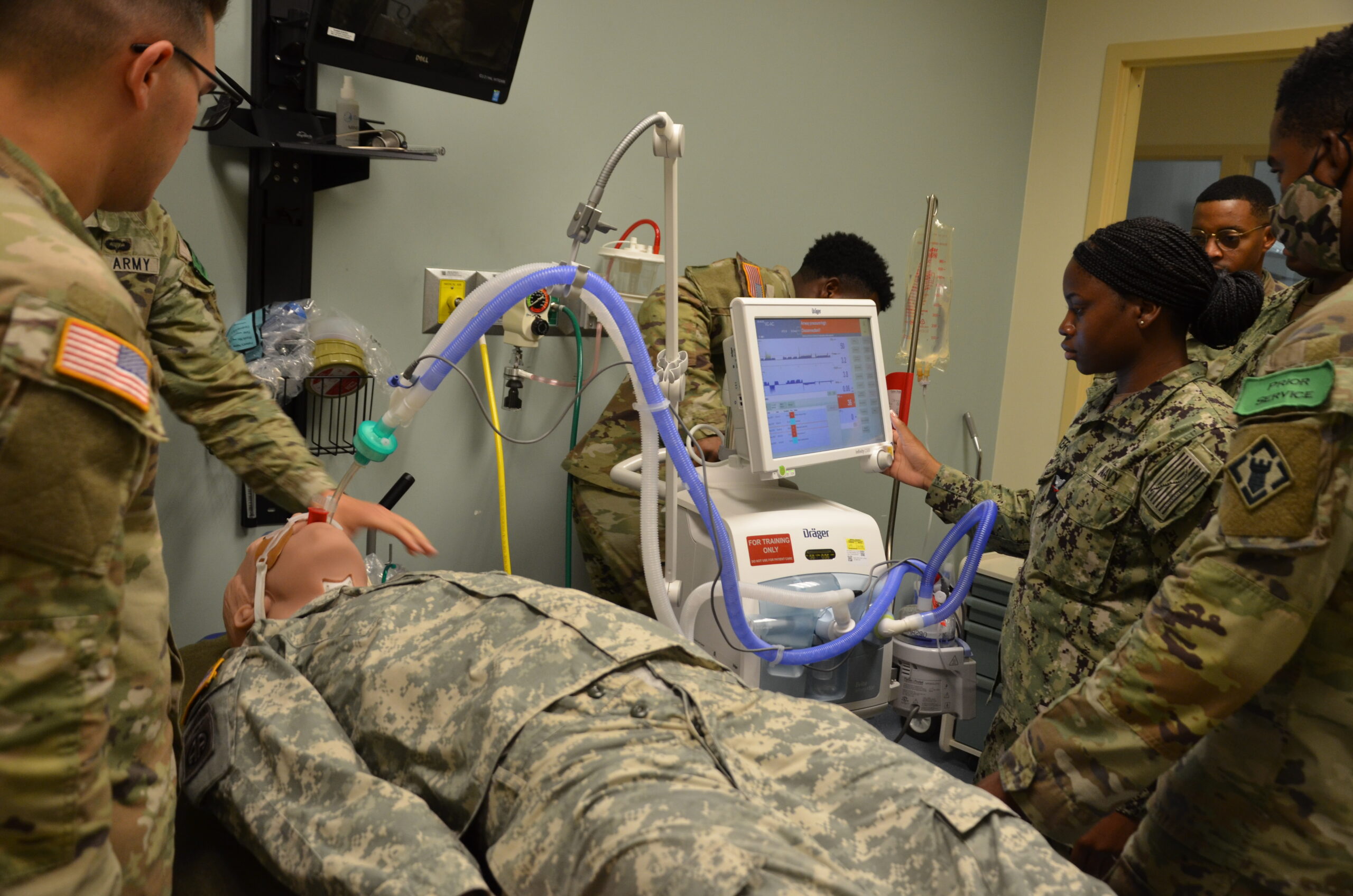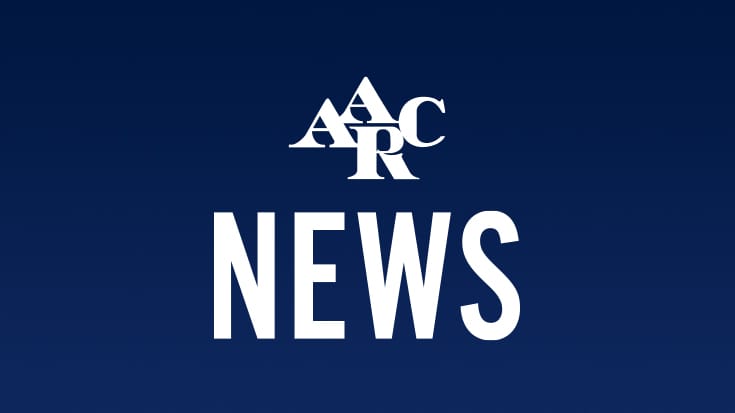
It has been a long, hard journey, but the Veterans Administration has achieved a major accomplishment in the field of respiratory care within the VA Health Care system. On March 12, 2021, the agency published new standards that require respiratory therapists to be licensed and have a Registered Respiratory Therapist (RRT) credential as new entry standards for permanent employment. Over 3,000 respiratory therapists will see a significant change in their professional recognition and ability to advance in specialized areas at the VA. This is a success story that took many years to come to fruition, and the AARC applauds all the dedicated staff at the VA who worked diligently to make it happen.
Although the new standards will have an overall impact on employment, VA qualification standards have always allowed for a grandfather clause. It applies to the position the person is holding at the time and protects them so they will not lose their current job when policies are changed. However, if the person chooses to apply for a different job, they must meet the qualifications for that position. The new standards also provide an exception to the RRT entry level requirement that would allow Certified Respiratory Therapists (CRT) who are in the process of obtaining credentials to become an RRT to be hired on a temporary basis, not to exceed one year. If they fail to achieve the RRT credential within that timeframe, it may result in termination of employment.
Prior to the new standards, RTs had to hold either the CRT or RRT credential but did not have to be licensed. Over a decade ago, the AARC pressed the agency to require licensure. We agreed that requiring RTs to be credentialed was a vital component of documenting competency but stressed the importance of licensure that provides a more intense level of professional scrutiny, including continuing education requirements and monitoring of disciplinary actions. We highlighted the fact that the skilled services and procedures advertised in the VA’s respiratory therapist hiring brochure demonstrated the types of complex services performed by these experts in pulmonary care that led to licensure in 49 states, the District of Columbia, and Puerto Rico. Further, we noted that not mandating a respiratory therapy state license for employment in the VA Health Care System created a 2-tiered level of professionalism — one for those who are employed by the VA Health Care System to treat and care for our nation’s veterans and a higher set of requirements for those respiratory therapists who care and treat “civilians”.
Although it took longer than anyone expected, this significant achievement by the VA sets the standards for others to follow and aligns with the AARC’s goal to move the profession to the RRT entry level for licensure.
Email newsroom@aarc.org with questions or comments, we’d love to hear from you.















